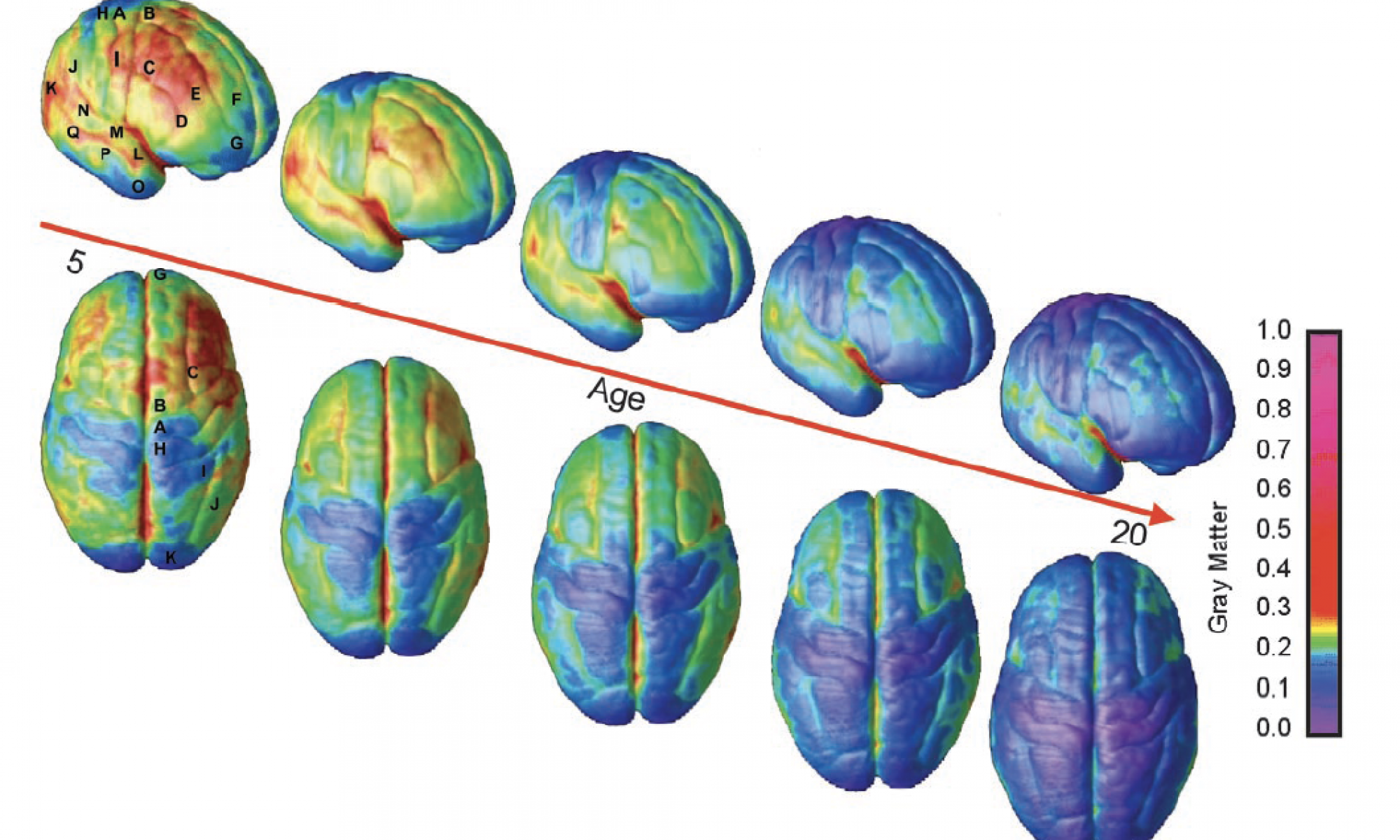As someone who grew up with video games, my mother constantly was in a state of worry of whether I would be able to succeed in school and life because of my obsession with Pokemon as a child, and League of Legends as I grew older. I continued with my video games as a hobby into high school as my mother’s worry that I would never get into college grew exponentially. Fortunately, I got accepted into Emory, but her dismay over my hobby continued, with her constantly reminding me focus on my studies. I would always argue back, saying its not that bad, but she would always try to justify it with saying it would destroy my brain. This statement she said is just ridiculous in my opinion, and the article by Dr. Richard A. Friedman supports it.
I believe that the onset of digital technology does not impact an adolescent’s brain development, and Dr. Friedman’s article “The Big Myth About Teenage Anxiety”, supports it. Dr. Friedman states that while there is a correlation between increased use of technology and decreased psychological well being, there is no causation. It is quite possible that the decreased psychological well being could lead to an increased use of technology. Also, there is almost no evidence that shows that technology is as addictive as drugs, further supporting the fact that use of this technology is not as harmful as one would think. At most, small microstructural changes happen in the brain compared to others. So, there is no strong evidence that leads to the conclusion that technology use is a cause for the increase in teen anxiety in this age.
The article “The Big Myth About Teenage Anxiety” by Dr. Richard A. Friedman is a recently published news article in the New York Times, and focuses on how the use of technology does not really impact an adolescent’s brain development. It was written mainly to inform the public, especially parents, about the rumors about the use of technology and anxiety as he provides studies and surveys that show that technology use are not the causes of anxiety or poor brain development. Dr. Friedman is a professor in clinical psychiatry at the Cornell Medical College, and has had cases with parents worrying that their child’s anxiety due to technology use, which allows him to write with very good background information about this subject matter. Overall, this article is a good source of information and evidence about the misconceptions about technology use and teen anxiety.
